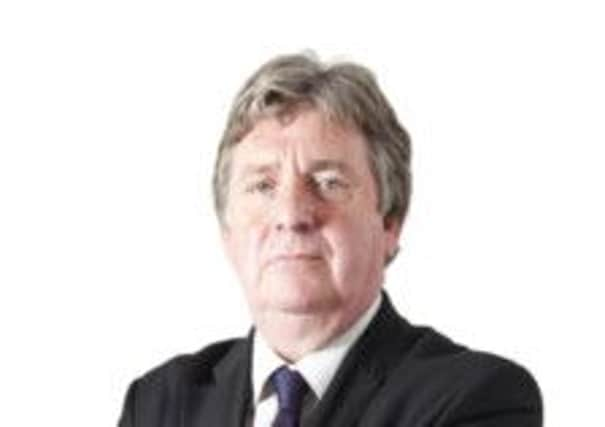Comment: Pernod Ricard can ride out China squeeze


Pernod, like rivals such as Diageo and Remy Cointreau, is facing strong and persistent headwinds out of China – previously an el dorado for premium spirits like whisky and cognac.
The Chinese economy has slowed, compounded by the government there cracking down on excessive freehandedness by its mandarins, frequently in the form of upmarket western drinks brands with social cachet.
Advertisement
Hide AdAdvertisement
Hide AdPernod has obviously not launched a cost-cutting drive just to offset the impact of this; but the challenging news out of China and some emerging markets won’t exactly detract from management focus to make the business as efficient and resilient to trading downturns as possible.
There will be a human cost, however. Up to 900 jobs are expected to go worldwide at the company as part of the efficiency drive.
In truth, though, cost-cutting for the likes of Pernod, Diageo etc is a never-ending process rather than a strategy. Despite periodic tough trading, the overarching dynamics in the premium drinks industry remain extremely positive.
There is a growing aspirational middle class worldwide, from Asia to Latin America, and it will continue to underpin prospects for leading spirits companies with the brands to feed this demand.
Pernod and its leading rivals will continue to play the long game when it comes to investment as a result. Cost trimming will throw up money to plough behind a mixture of key strategic worldwide brands and good local brands in individual markets.
Profit margins in the spirits industry that are not infrequently the right side of 25 per cent for deluxe products also provide a ready cash flow to enhance the all-important packaging and bottling that drives sales.
The strong barriers to entry at the commanding heights of the sector also provide a comfort zone for the likes of Pernod as they spend hundreds of millions of pounds on sophisticated marketing that creates a virtuous circle with customer aspirations on the ground.
The main players also do not have to look over their shoulder for an emerging left-field competitor that might queer the pitch. Quite a desirable perch, really.
AA loses two main parts post-float
Advertisement
Hide AdAdvertisement
Hide AdTHEY didn’t mention it in the flotation prospectus. The AA roadside help business has revealed that its chief executive and finance director are quitting just two months after it joined the London Stock Exchange.
Chris Jansen only took the job of chief executive at the beginning of 2014, but perhaps the writing was on the wall when Bob Mackenzie, the former boss of rival Green Flag, was made executive chairman of AA after he led the management buy-in of the group before the float.
In corporate life, when a company has an executive chairman, it always seems to diminish the role of chief executive, as if he or she is chief executive-lite.
As surprising is that Andy Bolland, AA’s finance director, is also off down the road, so to speak.
No effect on the share price, though. Welcome to the stock market.